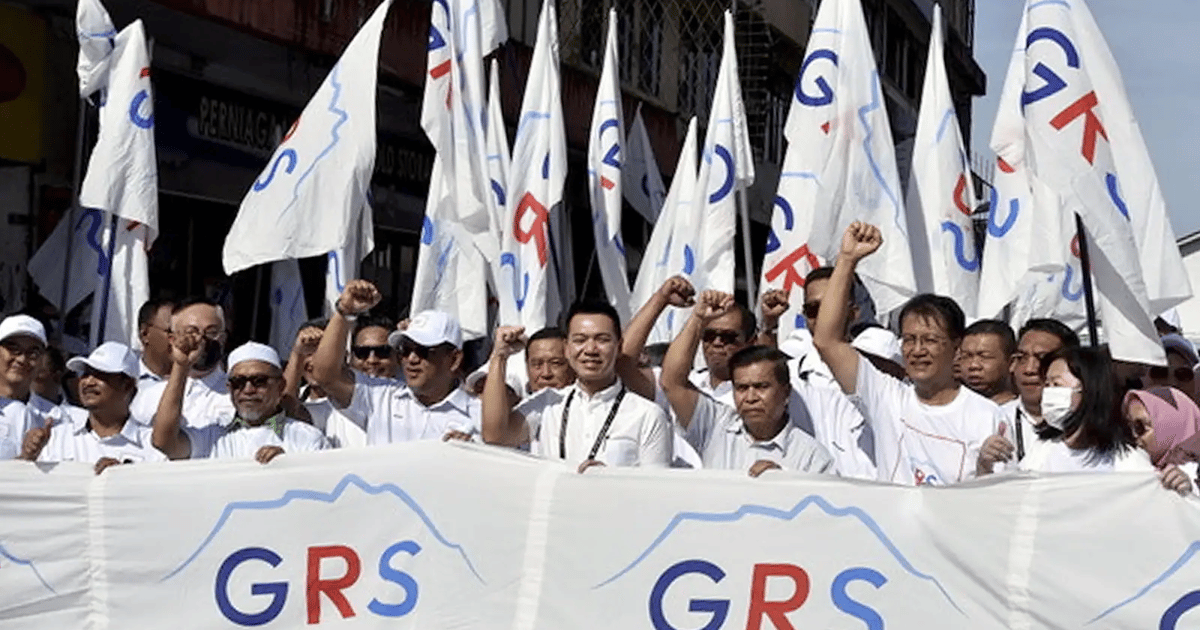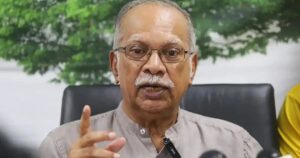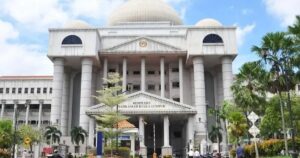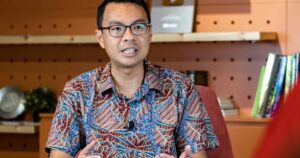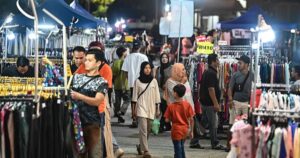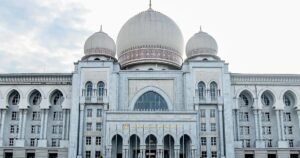
Sabah’s ruling coalition, Gabungan Rakyat Sabah, led by Hajiji Noor, appears to be on the front foot as elections to the state assembly loom closer, according to an independent think tank.
Ilham Centre CEO Hisomuddin Bakar said a study showed that GRS appeared to have consistent support across most of the state, while the majority of voters were drawn to candidates with prominent personalities and parties with strong influence – factors in which GRS had the edge.
Hisomuddin told FMT that GRS particularly enjoyed strong support in Kadazandusun-Murut (KDM) and Bumiputera-Muslim areas.
He said opposition parties such as Warisan and Barisan Nasional, which had previously formed the Sabah government, would find it hard to break through in these constituencies. “GRS has an edge because it’s a ruling party and also its leaders are senior figures,” he said.
Warisan continued to command strong support only in the east coast of Sabah, while BN and Umno were still struggling to regain grassroots support due to internal divisions.
“Young voters also don’t see BN as the strong party it used to be,” according to the survey, which involved focus group discussions, in-depth interviews and “participative observations”.
As for Pakatan Harapan, which has reached separate pacts with GRS and BN, Hisomuddin said the coalition remained strong in Chinese-majority urban areas, with DAP and PKR set to benefit.
“While Chinese voters are quite critical of DAP and PH, they have no alternative to support,” he said.
On the other hand, Perikatan Nasional’s influence in Sabah was dealt a crushing blow by the mass departure of Bersatu elected representatives in December 2022 to formally join GRS.
He said PN’s current strength lies solely with Bersatu vice-president Ronald Kiandee, the six-term Beluran MP.
PN also faces an obstacle in Sabahans’ perception of component party PAS and the image it brought to the state.
‘Black Wave’ to split votes
Hisomuddin said multi-cornered contests were in the offing with GRS clashing with BN, Warisan and Parti Kesejahteraan Demokratik Masyarakat set to go solo, and a significant number of independent candidates expected to throw their hat in the ring.
“The ‘Black Wave’ movement of independent candidates is said to be seeking to challenge the domination of these major parties. This tactic could split the votes heavily, leading to very slim victories in marginal seats,” he said.
Ilham Centre’s study also found that most young voters aged 18 to 39, who make up about 20% of the electorate, were unsure about whom to support.
“A large portion of them are undecided. Winning over this segment of voters is the biggest challenge for all parties. Election candidates who succeed in embodying the aspirations of the youth, and can present a fresh image of themselves as politicians will have an advantage.”
Social media is expected to be the main front where the battle for the youth votes will take place, with parties seeking to woo their emotions and sentiments ahead of polling day.
The Sabah state assembly’s term expires on Nov 11, unless dissolved earlier, after which elections must be held within 60 days.
